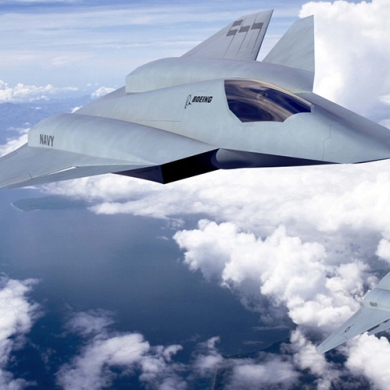22 mai 2020
DoD selects industry partner to embed AI into programmes and systems
21st May 2020 - 10:21 GMT | by The Shephard News Team Booz Allen Hamilton will deliver AI-enabled products to the US Joint Artificial Intelligence Center (JAIC) under a $800 million contract from the GSA Federal Systems Integration and Management Center. If all options are exercised, work will be completed in May 2025. AI tools will support warfighting operations and be instrumental in embedding AI decision-making and analysis at all tiers of DoD operations. Booz Allen Hamilton will oversee a mix of technical services and products across the full spectrum of technical support to the JAIC Joint Warfighter National Mission Initiative. Work will include data labelling, data management, data conditioning, AI product development and the transition of AI products into new and existing fielded programmes and systems across the DoD. According to the DoD, the overall aim is to leverage the power of data to enable a ‘transformational shift across the DoD that will give the U.S. a definitive information advantage to prepare for future warfare operations'. https://www.shephardmedia.com/news/digital-battlespace/dod-selects-industry-partner-embed-ai-programmes-a/


